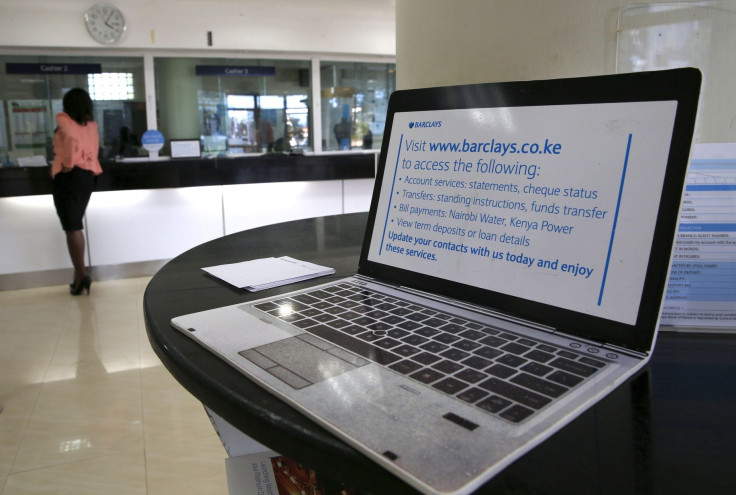Airline heads lay out alternatives to laptop bans

Airline heads urge governments to consider alternatives to US and UK laptop bans on certain flights. These include a more rapid rollout of technologies based on 3D medical imaging to screen for explosives as well as more intense screening at the gate and skills training.
Alexandre de Juniac, International Air Transport Association’s director general, has warned that taking devices from passengers has a “real cost to them.” He said there could be a greater cost if the ban was extended.
“We must find alternatives to the ban,” Juniac said during IATA’s annual general meeting in the Mexican city of Cancun. He pointed out that in the medium term, the solution to evolving bomb threats is faster explosive detection technology, The Australian reports.
IATA wants technologies like image software and CAT scans to screen baggage for explosives. However, the certification processes to utilise more advanced technology was slow. The association represents 275 airlines.
Juniac recognised that terrorists are targeting airlines. But he said airlines were not the only targets “as we have very sadly seen last weekend in London.” US Homeland Security chief John Kelly previously declared laptops could be banned from the cabins of all flights going in and out of the United States.
He said other “five eyes” nations, which include Australia, were mitigating the threat of terrorists targeting aviation without the measure. Airline leaders have also expressed concern about the potential for fires that can be caused by putting so many devices in baggage holds.
Meanwhile, the International Civil Aviation Organization (ICAO) is establishing two safety and security groups, ATW reports. ICAO Council president Olumuyiwa Benard Aliu said security and safety risks must be balanced when it comes to considering restrictions on passengers’ personal electronic devices (PEDs) in aircraft cabins.
Aliu said they recognised the increasing number of business and pleasure travellers who wish to bring their laptops, with the device becoming more important to their productivity and social needs. He assured that their priority in the ICAO is to ensure that all related security and safety risks are “fully considered and prudently balanced.”
In Australia, banning laptops in the cabins of inbound commercial passenger flights is being considered by the Turnbull government. “We are looking at it very closely,” Aussie Prime Minister Malcolm Turnbull previously said about the laptop ban. Transport Minister Darren Chester assured the country has a comprehensive security system in place and that the security of the travelling public was a priority.
Read More:
Trump reportedly hires ‘Dark Prince’ to run CIA’s Iran operations
TODAY/YouTube






